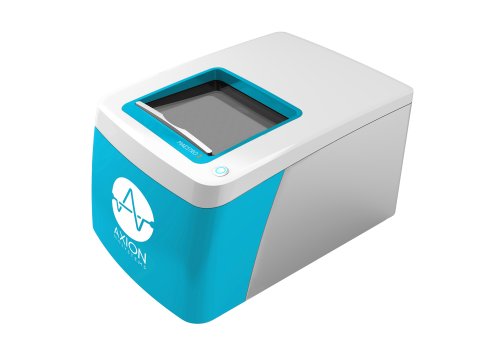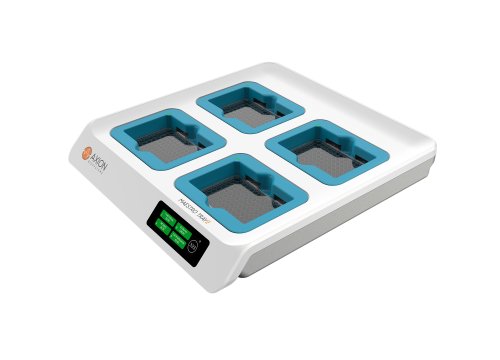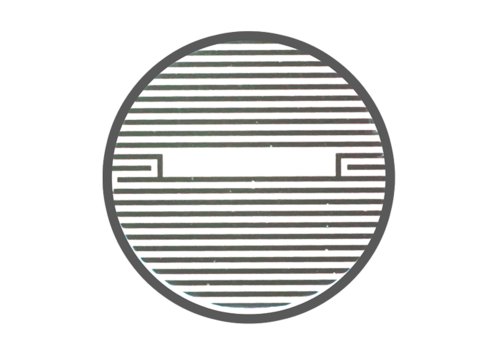Authors: Shari Price, Krista G. Zindel, Joshua K. Overcash, Elizabeth Glaze, and Sandy Eldridge
Current Research in Toxicology, 28 May 2025
Researchers describe an orthogonal workflow using hiPSC-derived cells and Maestro Z impedance analysis to assess CAR T-cell safety across vital tissues before first-in-human trials.
CAR T-cell therapy has shown significant promise for cancer treatment, but on-target off-tumor toxicity is a concern if the target antigen is also expressed in healthy cell populations. In this study, researchers developed an orthogonal workflow for evaluating both on- and off-target cytotoxicity of CAR T-cell therapies using human induced pluripotent stem cell (hiPSC)-derived cells as surrogates for vital organs, responding to limitations in traditional animal models. This NAM-based approach uses impedance monitoring via Axion BioSystems’ label-free Maestro Z and Maestro TrayZ systems to continuously track cellular responses—alongside biochemical and morphological assays—in co-culture with CAR T cells. In an illustrative case using experimental CD33-targeted CAR T cells, the workflow demonstrated robust cytotoxic activity against CD33-positive leukemia cells but revealed no adverse effects on hiPSC-derived cardiomyocytes, hepatocytes, endothelial cells, astrocytes, or neurons. The comprehensive, multi-endpoint system offers a scalable, human-relevant safety assessment tool to support first-in-human CAR T-cell clinical trials.



